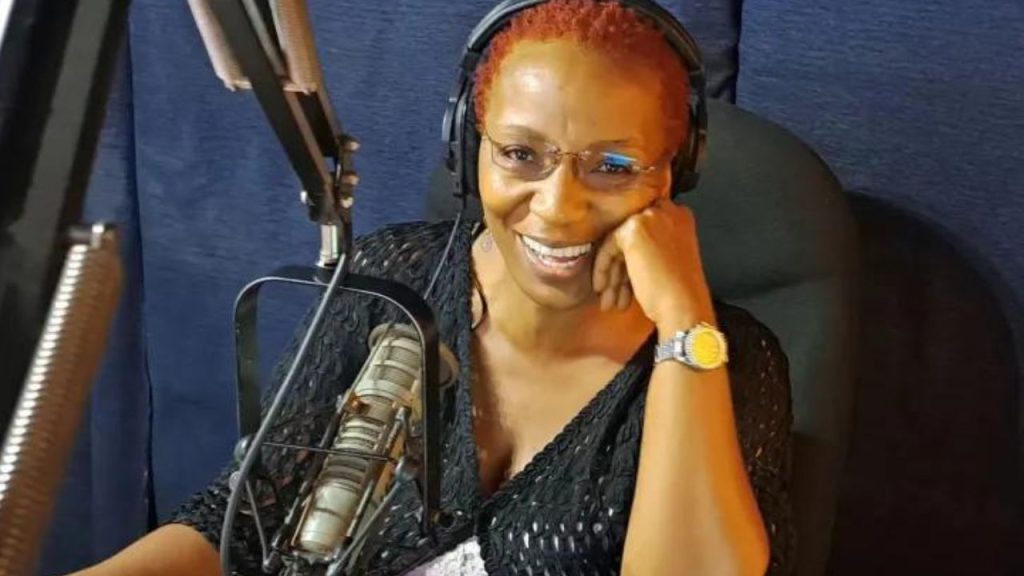
Veteran broadcaster Bina Babie shared her insights on the evolution of radio, emphasizing the challenges faced by presenters in this digital age. In the early radio days, it served as the main information hub for the masses. People counted on presenters like Bina Babie for news, updates, and commentary.
With little competition, radio presenters had the trust and attention of their audience. But today, the media landscape has transformed drastically. Social media, YouTube, and online platforms offer a plethora of information. Now, radio presenters struggle to stand out amidst an already informed audience.
According to Bina Babie, they must dig deeper to meet audience needs. Mere facts aren’t enough; presenters must provide insightful analysis, engaging discussions, and unique perspectives. Moreover, the entertainment industry has seen a shift in the proximity between fans and artists.
Social media enables fans to follow artists closely, access their music effortlessly, and even see them on shows regularly. This increased accessibility fosters a closer bond between artists and fans, altering the dynamics of radio’s relevance to new music releases and excitement.
In conclusion, radio’s role has evolved from being the primary information source to a platform competing for attention in a digital age flooded with alternatives. Presenters like Bina Babie must adapt by offering more than just facts—delivering compelling analysis and engaging content to captivate today’s well-informed audience.
The challenge lies in maintaining relevance and connection amidst the vast sea of information and entertainment options available to audiences. But with innovation and dedication, radio presenters can continue to carve out their place in the ever-changing media landscape.





